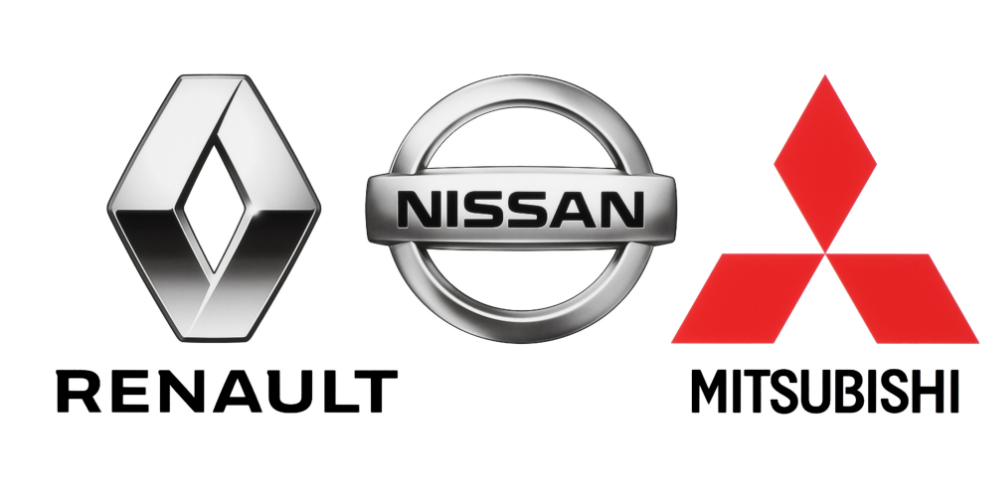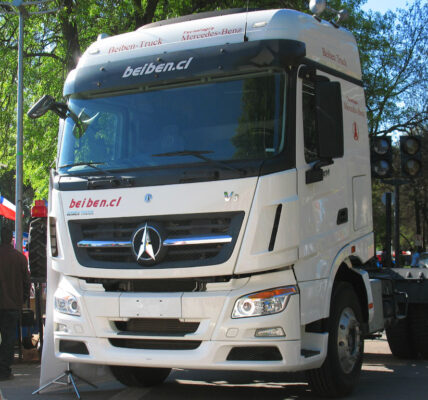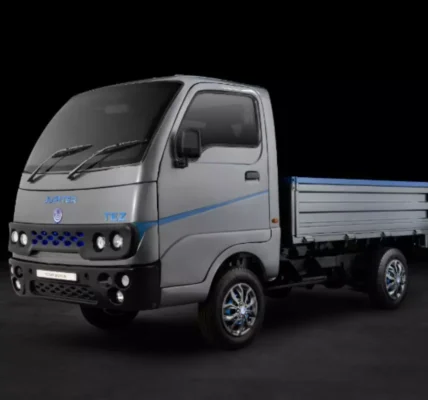After announcing its major restructuring plan back in May 2020, the Renault Nissan Mitsubishi Alliance is now preparing for the next stage of its transformation towards a carbon-neutral business. Thanks to a massive $25 billion investment in the next five years, the three companies will jointly develop and launch no fewer than 35 new electric models by the end of the decade.
In a new lengthy press release detailing the roadmap for the three automakers, the conglomerate proudly says 90 percent of these 35 new EVs will be based on five common platforms. These are the CMF-AEV, KEI-EV, LCV-EV, CMF-EV, and CMF-BEV, with each one covering a different vehicle segment on the market. The CMF-BEV, currently under development, will be launched in 2024 and will serve as a base for the Nissan Micra replacement, the new Renault R5, and an Alpine product.
In order to make electric mobility more affordable for the masses, the alliance will work with common suppliers. The manufacturer aims to achieve significant battery cost economies by as much as 50 percent in 2026 and 65 percent by 2028. Based on its estimations, Renault Nissan Mitsubishi wants to have a total of 220 GWh battery production capacity across several production sites in the world.
More importantly, though, the alliance wants to begin mass production of all-solid-state batteries by the middle of 2028 with the aim to “realize cost parity with ICE vehicles.” The automaker promises double the energy density compared to current liquid lithium-ion batteries and three times faster charging times. A next-generation battery management system is under development to keep all the processes over the full battery life cycle under control.
Last but not least, Renault Nissan Mitsubishi will also dive deeper into autonomous technologies with an ambitious plan to have more than 10 million vehicles on the road equipped with self-driving driving systems by 2026. The manufacturer will launch its first “full software-defined vehicle by 2025” with the promise of life-long over-the-air software updates.







